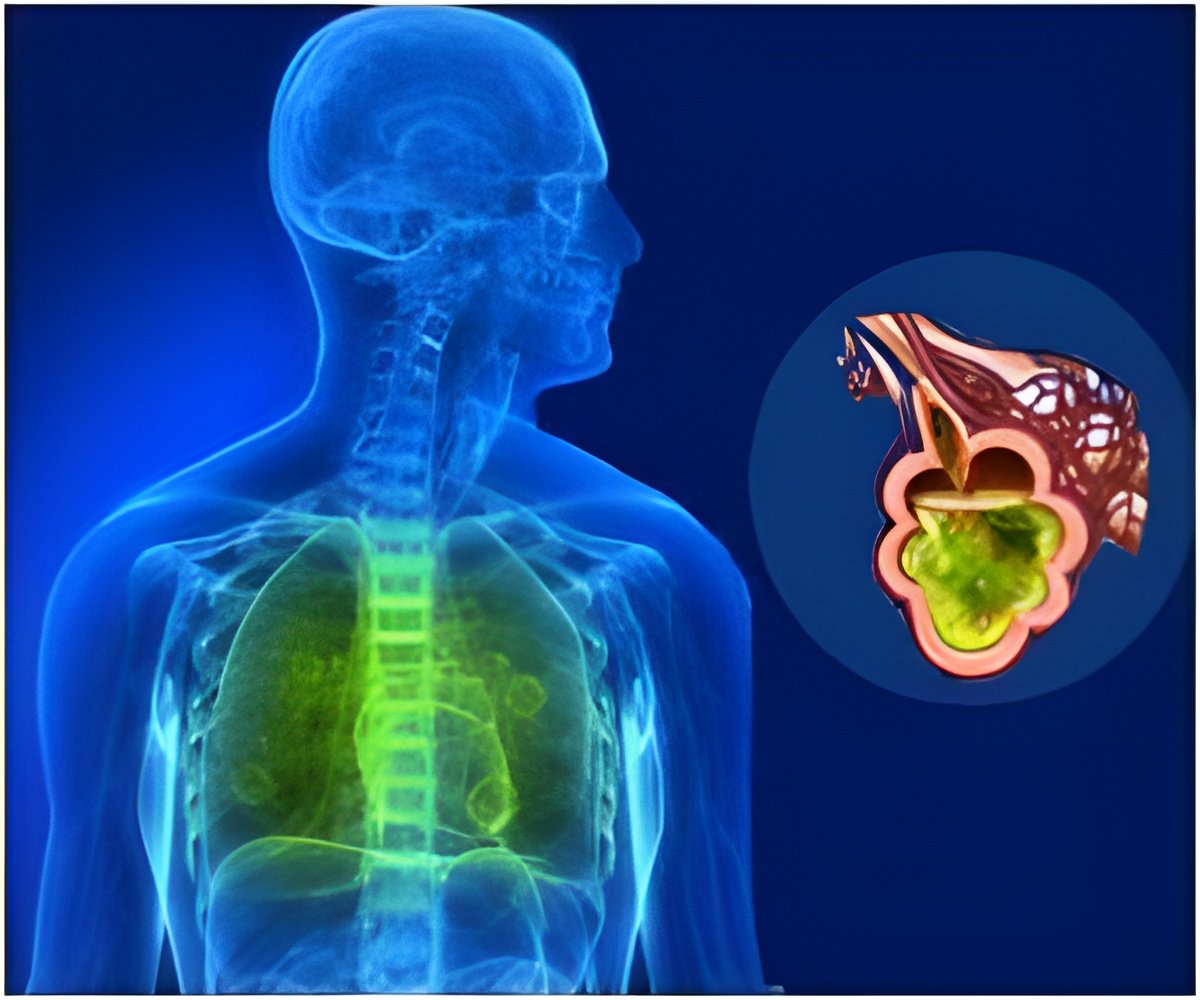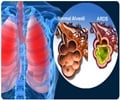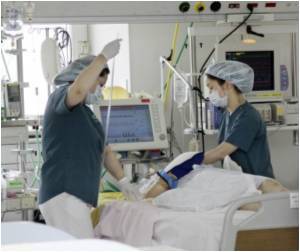Survivors of acute respiratory distress syndrome (ARDS) remain physically and emotionally weak five years after recovering
Survivors of acute
respiratory distress syndrome (ARDS) remain physically and emotionally weak
even five years after recovering, says new study. Acute
respiratory distress syndrome (ARDS) is a life-threatening lung condition in
which sufficient oxygen does not enter blood. In a recent study it was shown
that despite the fact that their lungs heal almost completely, survivors did
not regain the physical or psychological health. The results of this Canadian
research were published in the
New England Journal of Medicine, a leading medical journal. Generally the ARDS patients are always one of the most sick that one encounters in an Intensive Care Unit (ICU) of a hospital.
109
ARDS patients were followed up in the study. The participants of the study were
of average age group of 44 and were those who received prolonged treatment in the intensive care unit. Survivors of ARDS were found to
suffer:
·
Exercise limitation
·
Physical and psychological sequelae
·
Decreased physical quality of life
·
Increased costs and use of health care services
This
severe form of lung inflammation lead to average ICU stays of about four weeks
and several months of inpatient treatment. The lungs healed well with time, but
disabilities stayed. Disability from muscle and nerve damage, stiff joints,
scarring from breathing tubes and post-traumatic stress disorder were part of
the aftermath.
Advertisement
Pulmonary
function was found to be normal or nearly normal in all patients five years
after their illness. However, many were reported to carry diagnoses of
depression, anxiety or
both. Transition to a normal life style appeared to be herculean.
The
new findings are of great significance since they highlight the need to
redefine ICU care. It would be wiser to boost physical rehabilitation of ARDS
patients by getting them out of bed earlier. The use of alternate drugs that
cause less damage to nerves and muscles should be used. Treatment cost is
another problem that need to be addressed. Working out a better strategy is the
need of the hour.
Advertisement
Source:
New England
Journal of Medicine
Source-Medindia














